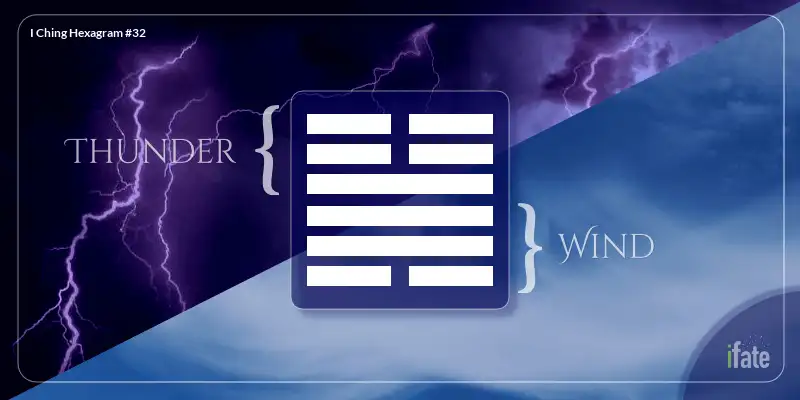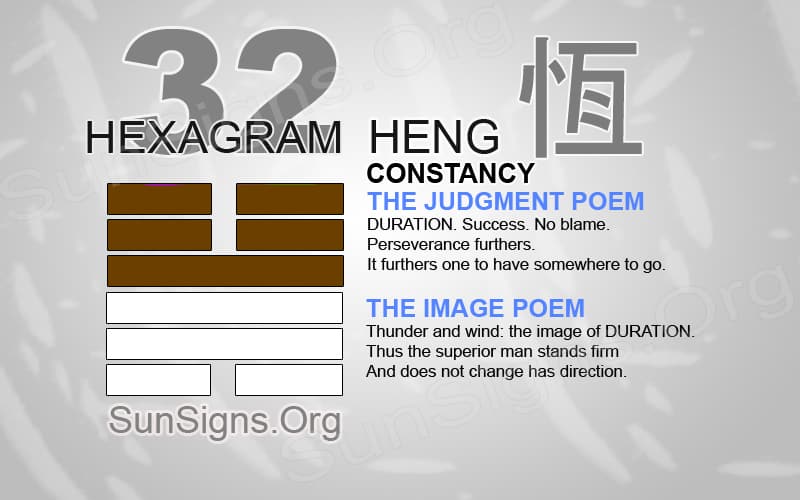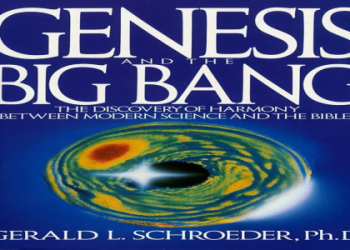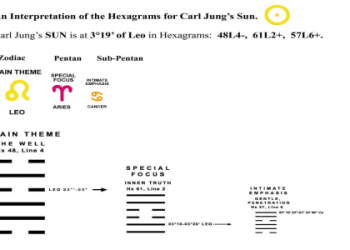Alright, let me tell you about this time I got tangled up with the ideas in I Ching 32, Heng, you know, the one about sticking things out.
It wasn’t like I was some scholar sitting down for a formal reading. Nah, it was way messier than that. I was stuck in this job, felt like I was running on a treadmill going nowhere fast. Same tasks, day in, day out. Part of me wanted to just bail, find something new, anything different. But, you know, bills gotta be paid, stability matters, especially when you get a bit older. This feeling of being pulled in two directions was really grinding me down.
Digging Around for Answers
So, one evening, I was just kind of mindlessly scrolling, looking for… I don’t even know what. Maybe some magic fix. I stumbled onto some stuff about the I Ching. Usually, I’d just click past that kind of thing, seemed a bit too ‘out there’ for me. But this description of Hexagram 32, Heng, caught my eye. It talked about duration, constancy, like a marriage, something meant to last. But it wasn’t just about blindly holding on.

The description I read, it was pretty basic, talked about how real endurance isn’t about being rigid like a rock, but more like something that adapts while staying true to its core. Thunder and Wind, it mentioned. Movement and flexibility working together over time. That hit me.
What I Was Actually Doing
See, my approach to the job misery was pure grit. Just lower my head and push through. Ignore the boredom, ignore the frustration. But it wasn’t working. I was getting snappy at home, sleeping poorly, just generally feeling worn thin. I wasn’t adapting; I was just resisting, and it was draining everything out of me.
Reading that simple description of Heng made me stop and think. Maybe “sticking it out” didn’t have to mean misery. Maybe it meant finding a way to make the duration itself more bearable, more sustainable.
- First thing I did: I stopped trying to ‘win’ every single boring task. Instead, I focused on just doing it consistently, without investing massive emotional energy into hating it.
- Then: I started carving out tiny bits of my day at work for things I actually found interesting, even if it wasn’t strictly my main job. Little side projects, learning a new skill online during lunch breaks. Small stuff.
- Also important: I made a conscious effort to shift my focus outside of work. Made sure I had things to look forward to in the evenings or on weekends. Didn’t fix the job, but it helped me endure the job better because it wasn’t my entire world.
The Change Wasn’t Dramatic, But It Was Real
Look, the job didn’t magically become exciting. It was still the same grind. But I changed how I related to it. I wasn’t fighting it head-on anymore. I was finding ways to flow around it, to make the long haul manageable. It became less of an enemy and more of just… a thing that was there, a part of my life I could navigate without letting it sink me.
It felt more like what I read about Heng – finding a steady rhythm, adapting without losing myself. It wasn’t about a sudden fix, but about cultivating a way to last. And honestly, that shift in perspective probably saved my sanity during that period. It taught me that sometimes, endurance isn’t about brute force, it’s about finding the right way to keep going.














